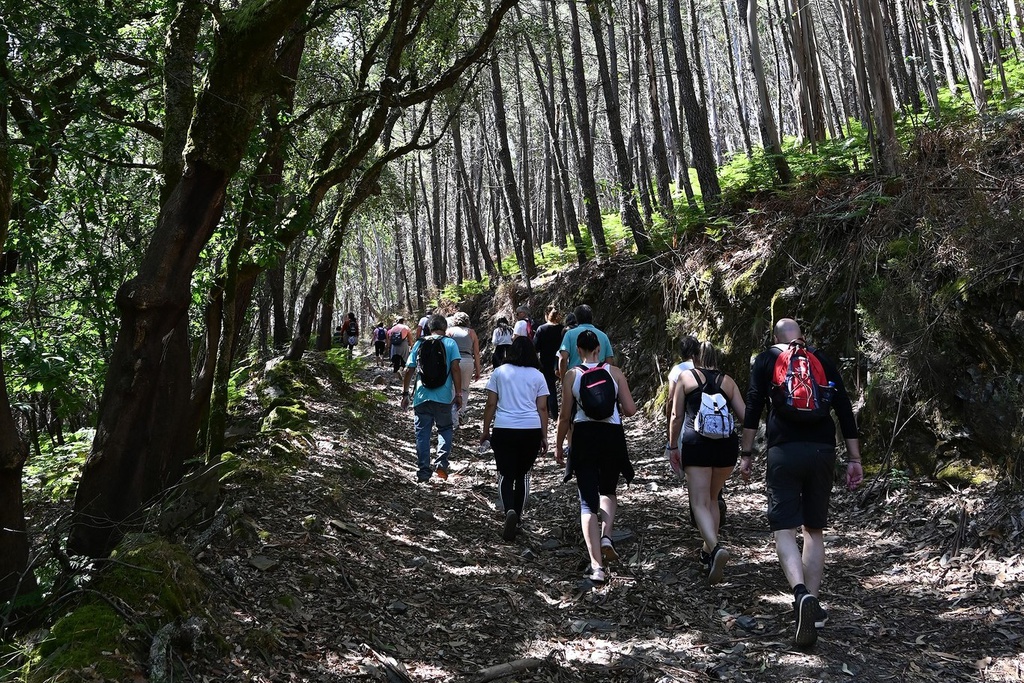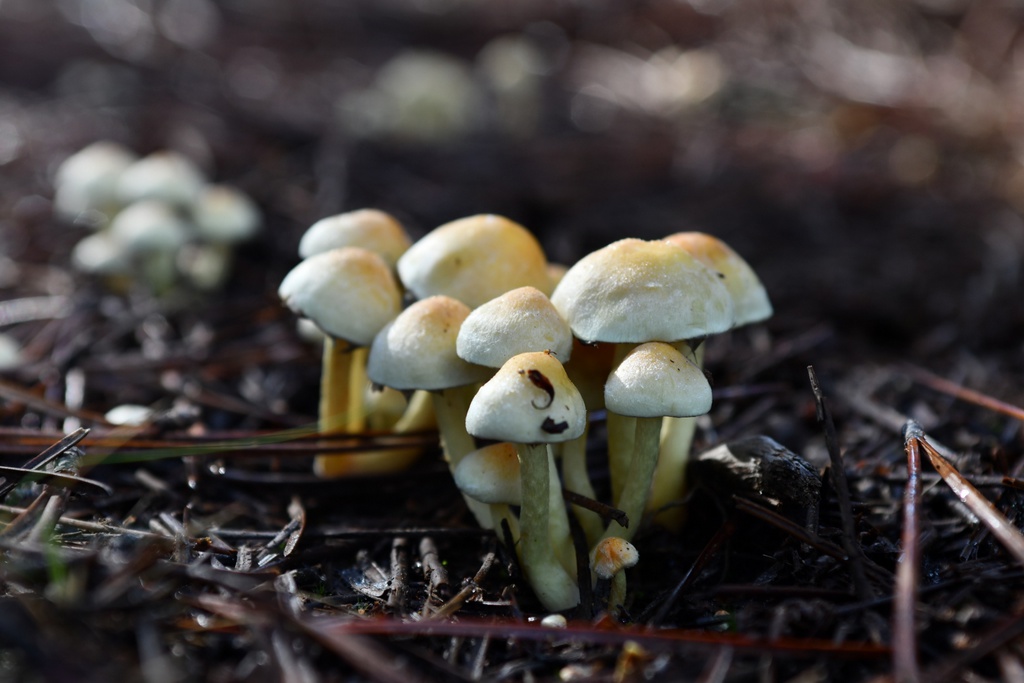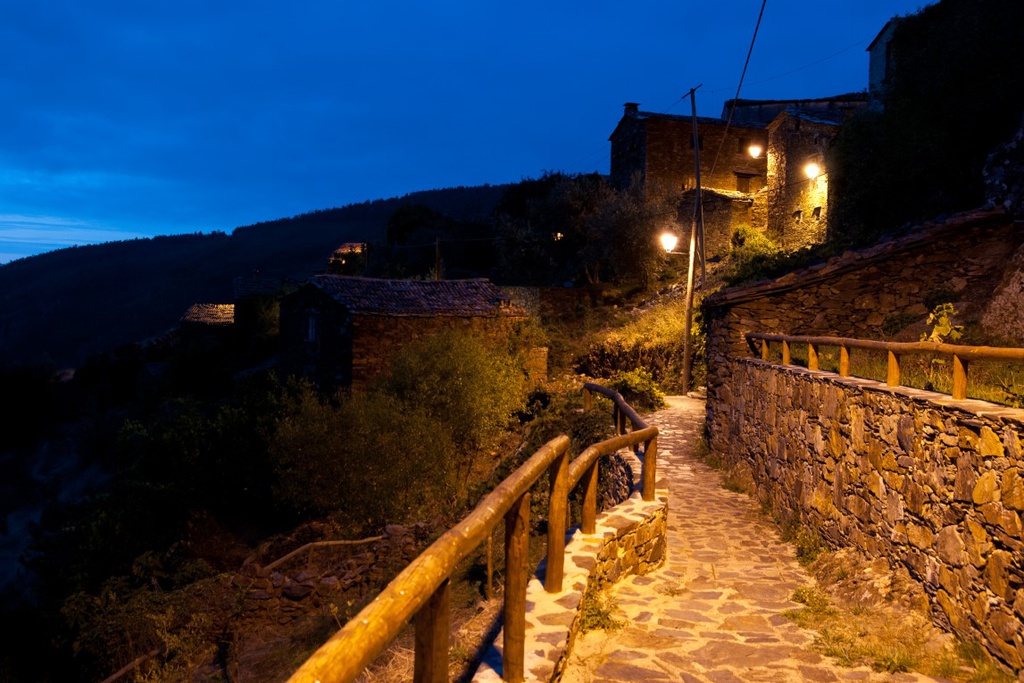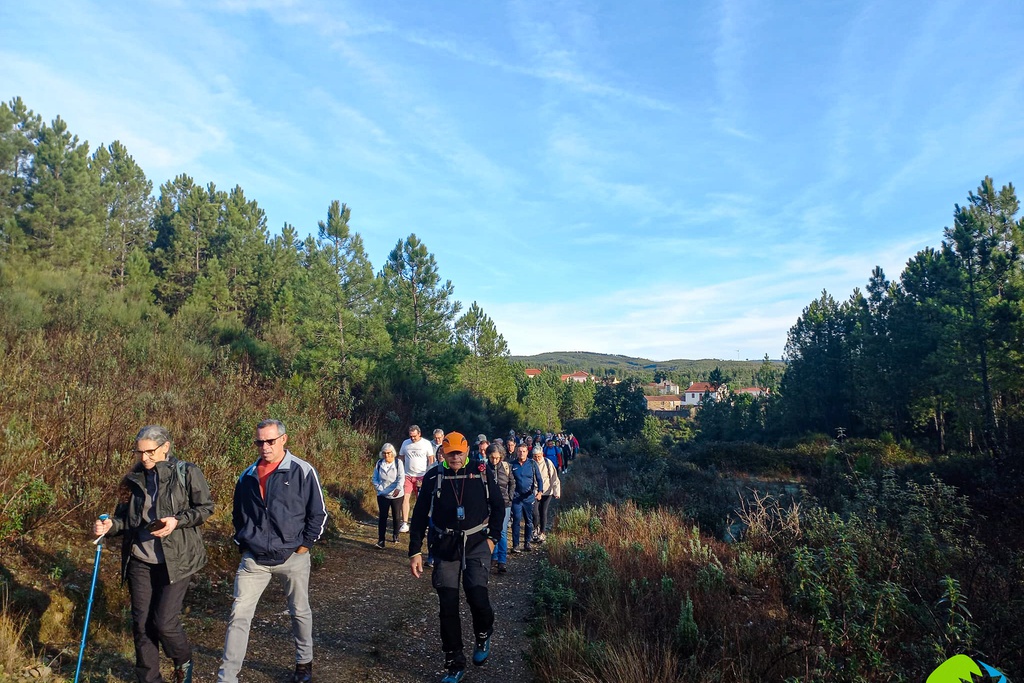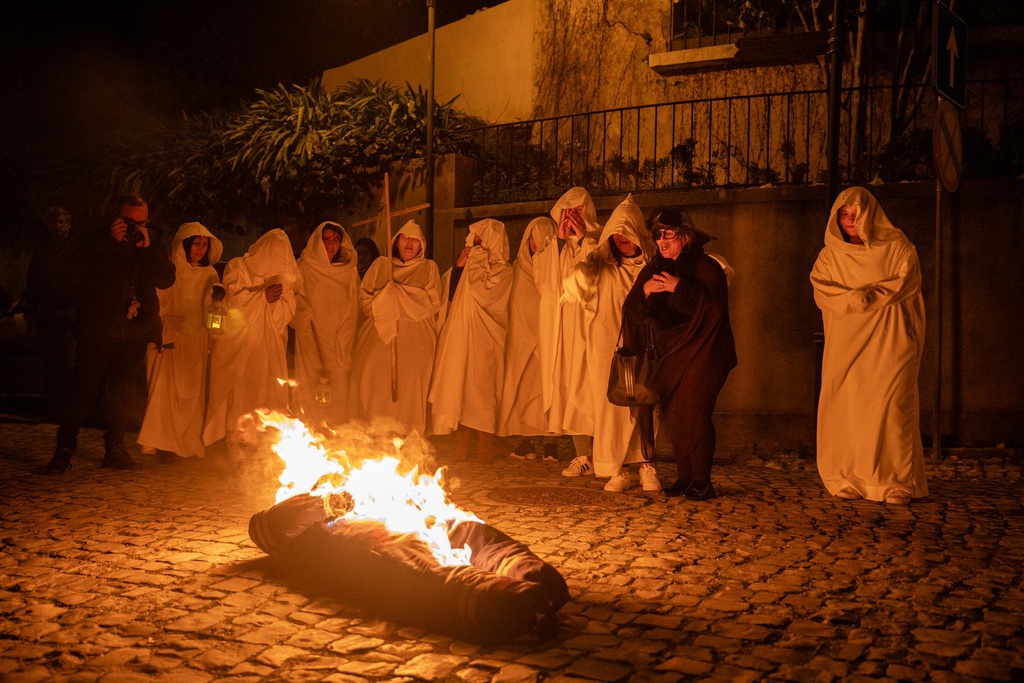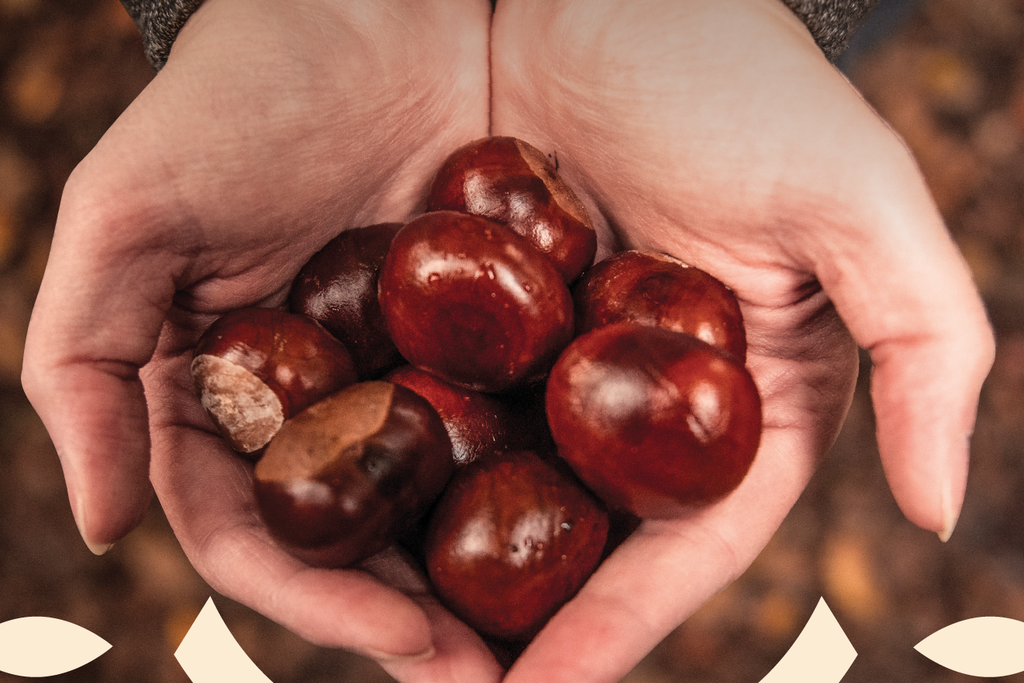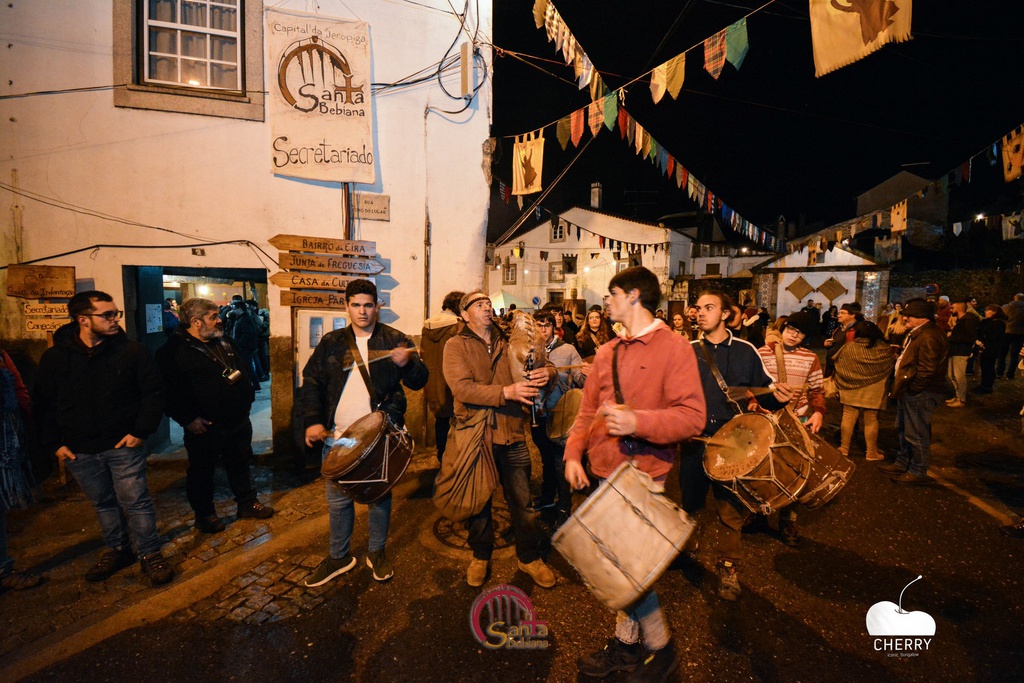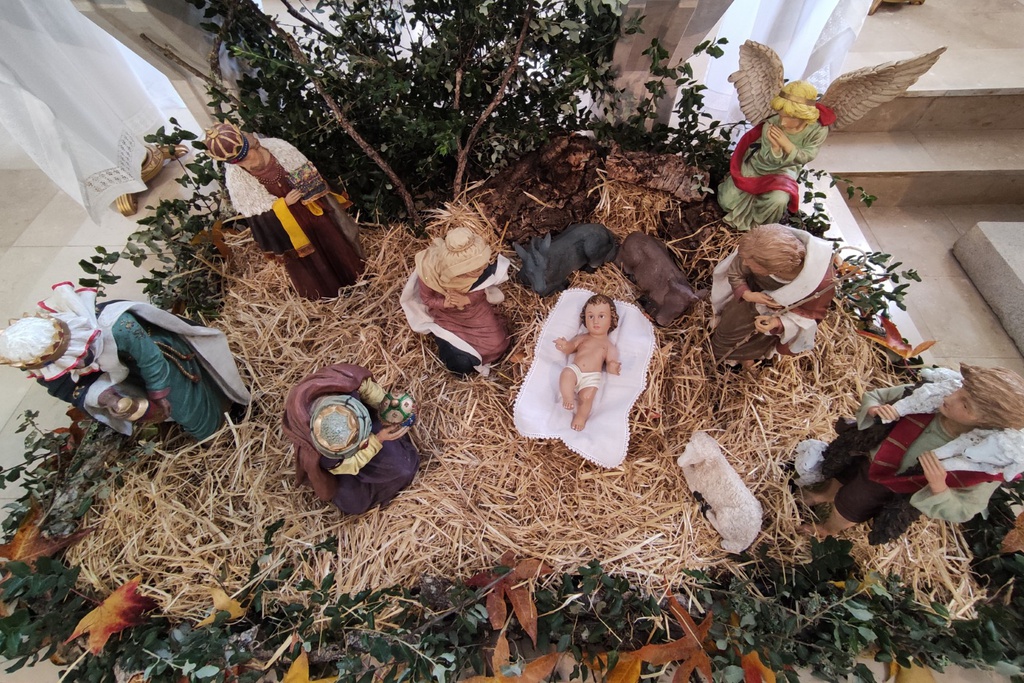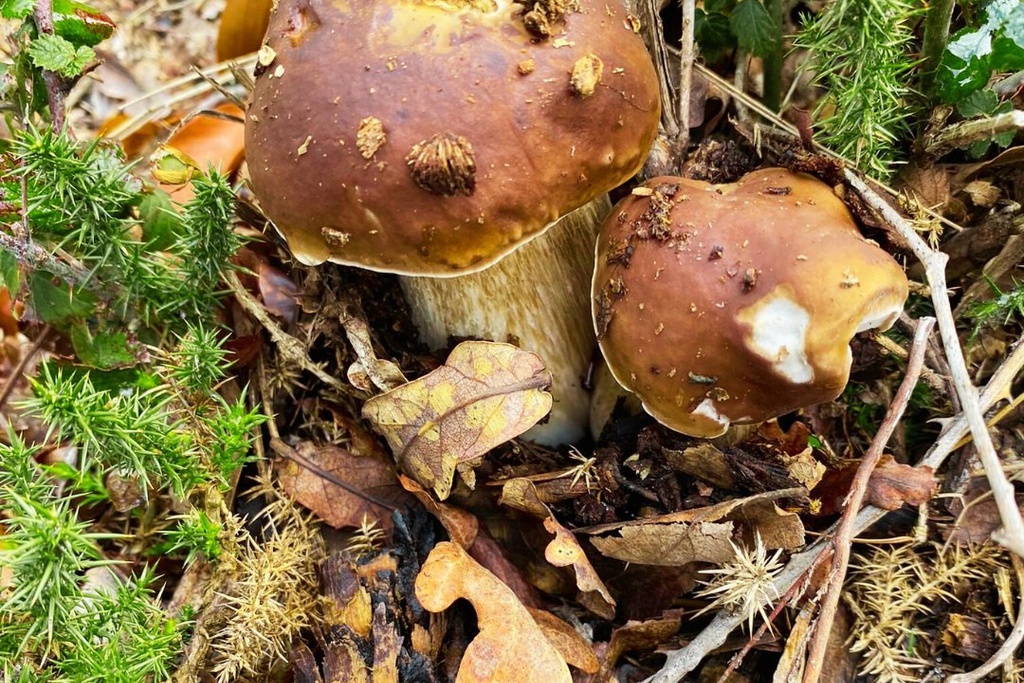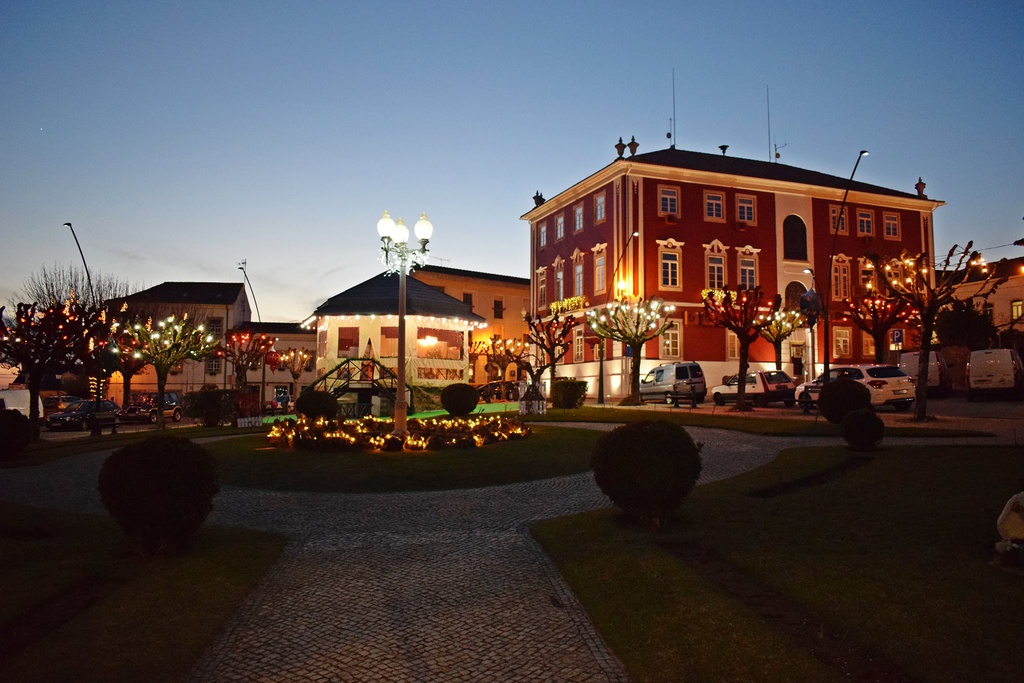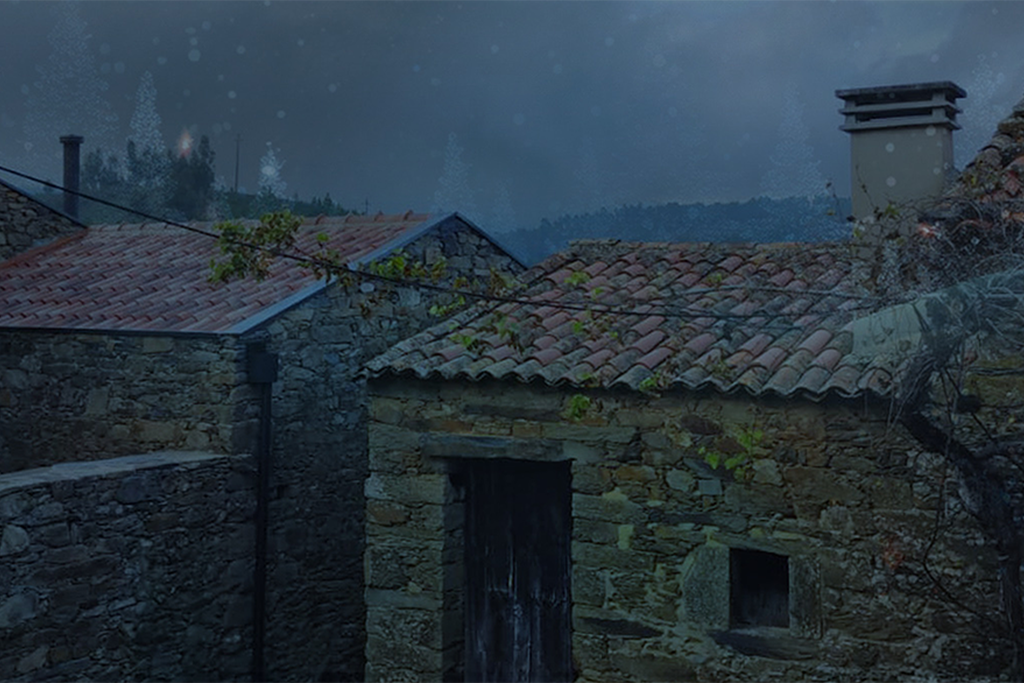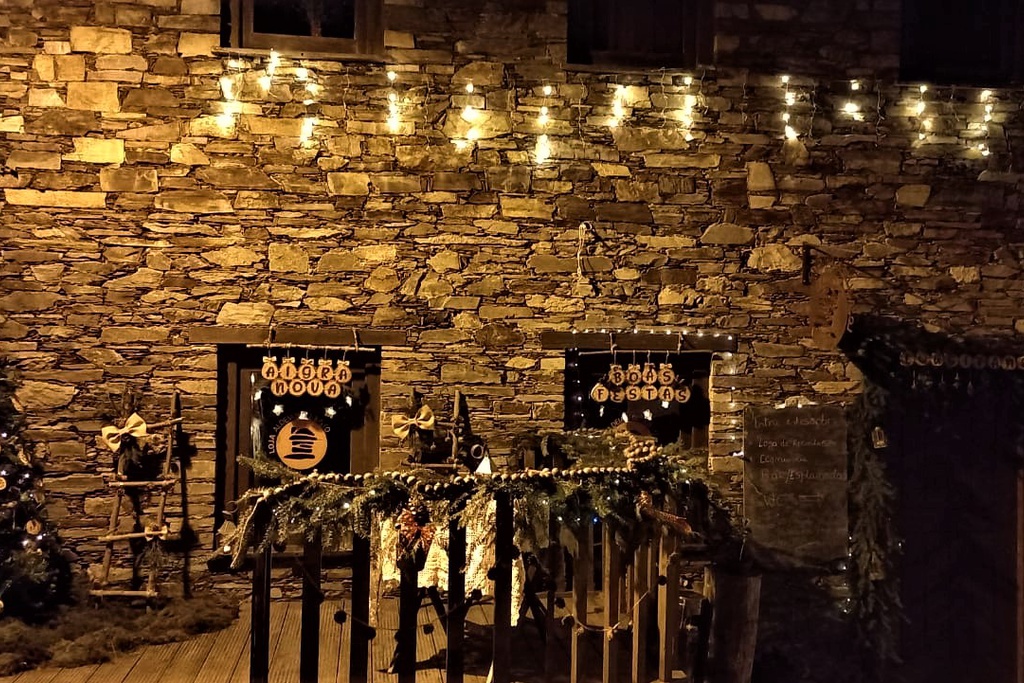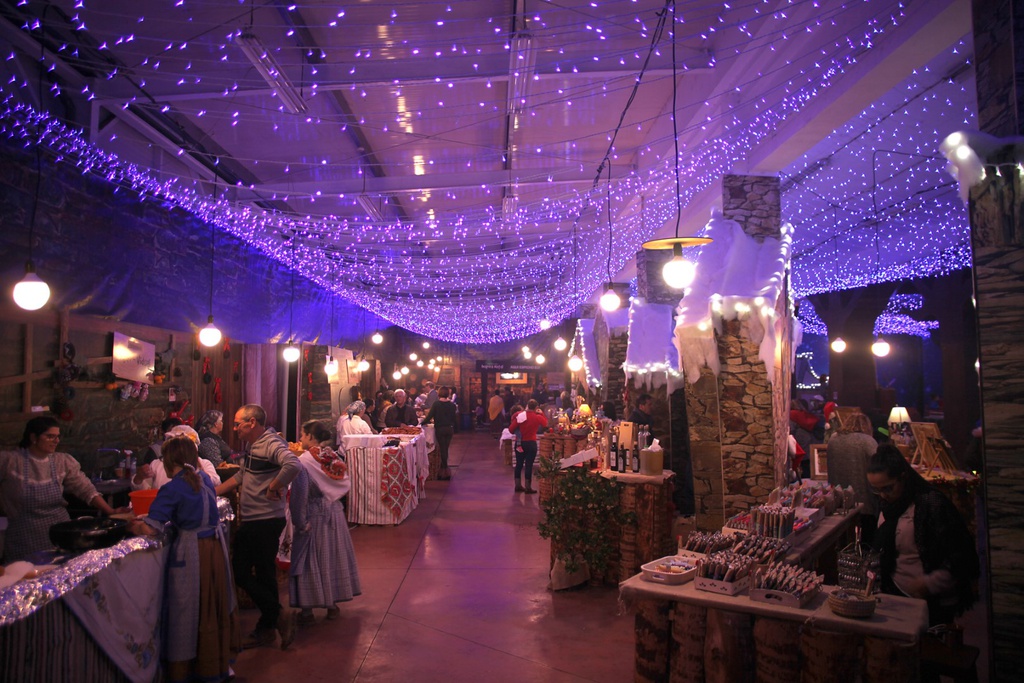“If the village is alive it is thanks to you”. This was how the Secretary of State for Tourism, Ana Mendes Godinho, addressed the inhabitants of the Aldeia do Xisto of Álvaro, on June 28th, where she was present at the signing of the support contract for tourism enhancement signed between ADXTUR - Schist Villages Tourism Development Agency and Turismo de Portugal.
Awarded under the Enhancement programme, the funding of one million euros will enable “the restoration of certain structures” affected by the fires, but also promote activities that generate “greater attraction”, the member of the Government stated.
Waiting for Ana Mendes Godinho was “Ti Gena”. She is one of the 40 village residents and quickly got the attention of all those present, with whom she proudly and nostalgically shared various episodes and facts from her plentiful memories about Álvaro.
It was at this time that the Secretary of State had a surprise. Her family, on her husband’s side, has roots in Álvaro, having been the owners of what is now known as “Casa Mendonça”.
During the tour that took her through the streets and to the famous chapels of Álvaro – “a unique wealth” - the Secretary of State was able to visit the building, where she made a point of posing for a photograph. “I felt at home”, she later said.
For Ana Mendes Godinho, “this is an exemplary day”. Firstly, because of the resilience of these areas, which leads her to conclude that “our countryside is an example to the world, by reinventing itself and using what is unique in it to turn things around”.
Secondly, because of the networking capacity, of which the Aldeias do Xisto are an example. “This is an integrated project that creates value in various ways and encourages joint learning”, she mentioned.
A fact that justifies that this is one of the 35 projects approved so far and which have received a large slice of the five million euros destined for the rehabilitation of low density areas affected by the fires.
A contract’s “momentous statement”
The head of ADXTUR highlighted the “momentous statement” that signing this contract makes due to the finances involved, but also by strengthening the support to projects that the Aldeias do Xisto want to encourage “in a more in-depth way”.
“Álvaro was one of the Network’s villages that was harmed most internally, in terms of its essence”, said Paulo Fernandes, underlining the fact that it was the place chosen for the signing of the Enhancement programme, which, in his opinion, “comes at a difficult moment”.
He believes that it is important that the regulations are able to adapt to specific situations. “The State, without losing the principle of equity, is able, here or there, to make changes in the regulations that can facilitate the support necessary”, he argued.
For Paulo Fernandes, “assets such as this village increasingly possess a rare value” and align with the best trends, spread here and there all over the world.
The head of ADXTUR points out that experience-based tourism, grounded in “know-how”, is one of the strong points of the Aldeias do Xisto and an alternative to “a very urban world”. As part of this, arts and knowledge are “strengthened” and provide unique and “authentic” experiences, contributing at the same time to the making of the “citizen of the present and the future”.
“We have a lot to share”, he assured, referring in this regard to the “village-school” concept. “In every village there are innovative and experimental projects” that can be shared with other communities.
Communities also play a central role in the Aldeias do Xisto and it is on their behalf that the project is moving forward: “Without the local community, our project is doomed”, bearing in mind that it is based on the relationship between those who live here and those who visit.
He also called attention to the potential of the Zêzere River and the Great Zêzere Route, one of the Aldeias do Xisto’s “crown jewels”, which needs to be further enhanced.
The “institutional and official recognition” of the Aldeias do Xisto
For the chairperson of Turismo Centro de Portugal, this contract represents “official institutional recognition by the Portuguese Government of a region, a destination and a product, which are the Aldeias do Xisto ”. This recognition, as well as reinforcing Portugal’s brand, offers “consistency to the project that ADXTUR has been developing”.
Pedro Machado also stressed that it is “a fantastic differentiating factor” for “new tourists, with new motivations, who want new experiences”.
The programme involves intervention work in all the villages
“In the Aldeias do Xisto, we’ve long been used to looking forward and we don’t just live on past memories. We focus on rehabilitating what is the spirit and attitude to life in these villages, which is a robust, resilient and capable spirit and, based on that, we can build new paths for the future”.
This is how the coordinator of ADXTUR, Rui Simão, responds when asked if it is indeed possible to recovery in a way that guarantees that what happened will not happen again. “The only way is to have villages that are more prepared and aware of what the risks are and the dangerous context in which they live and, above all, that they are more prepared to take advantage of this opportunity to transform and take the path that, for a long time, many of them have aspired to”, he adds.
Rui Simão explains that this project involves actions in the 27 Aldeias do Xisto and in the 50 river beaches that form part of the Network.
“In the villages that burnt down to the ground on 17 June, it is planned to restore the relationship with the surroundings and even recover the ancient Portuguese forest”, he details. In the villages that were affected by the October fires, the plan is “to support public housing rehabilitation in terms of improving the urban areas and receiving visitors”.
In the villages where no damage was registered, there will be “works to reduce danger, making use of the surrounding land with practices that restore the relationship of the villages with the land”. A WiFi network upgrade and the installation of radio kits with citizen’s band on all river beaches will also be put in place.
For him, this contract is “a major step forward and will help us to prepare a joint response as one and will allow us to act everywhere”, taking into account what is most unique in each village.
According to Rui Simão, operations have been ongoing since the fires, so “a lot of work has already been done”. Intervention works as part of the Enhancement programme have been taking place since January this year and extend until 2020.
Tourism is a “strategic priority” investment
The Deputy Mayor of Oleiros, Vítor Antunes, highlighted the hospitality of the local people and praised the “remarkable effort” that has been made in promoting local products, together with the Aldeias do Xisto and Naturtejo Geopark.
The mayor emphasised that tourism is “a strategic, priority investment”, which is why it is important to find mechanisms to promote the renewal of the area in general and the village of Álvaro in particular, thus providing for tourist activity and the well-being of the population.
The speeches were preceded by a solo piano concert by Helder Bruno, who presented the suite “The Presence, serene and tender”, launched in March this year.
An album that is a kind of hymn to “simplicity”, but which also emphasises “the characteristics that distinguish we humans from other beings”, the musician revealed.
The piano was the instrument chosen by both the mayor of Oleiros and the head of ADXTUR as an analogy: just as the piano needs all its keys to make the perfect sound, the villages must also have the conditions to fulfil their mission.
Ana Mendes Godinho left with a few souvenirs in her bag: a piece of cork, a ceramic piece inspired by water, reminiscent of the traditional flask, and handicrafts made from river stones.
Canned fish from the river
The river is, moreover, a source of wealth and inspiration for new products. Leonel Barata has been dedicating himself to a project centred around the use of fish.
Carp ham, pan-cooked bread and barb, shad roe and smoked river bass are some of the produce that has been developed and will be on our tables from the beginning of next year. For now, we are awaiting the results of laboratory tests that will confirm the authenticity of each product and therefore the best way to market it.
The idea is also to combine these with other regional products, such as olive oil, wine and vegetables.
Leonel Barata also wants to make sure that the message is well communicated and so attaches great importance to reaching out to the consumer. As such, he is hoping to add a pedagogical element to his project. “The cherry on top of the cake would be to be able to bring the consumer in and let them know the origins of the product”, he mentions.
In the tasting that he presented in Álvaro, the river bass was the star of the show. Eggs, pâté, baked, grilled, seasoned in various ways, it captivated everyone who wanted to try it.
Text: Andreia Gonçalves


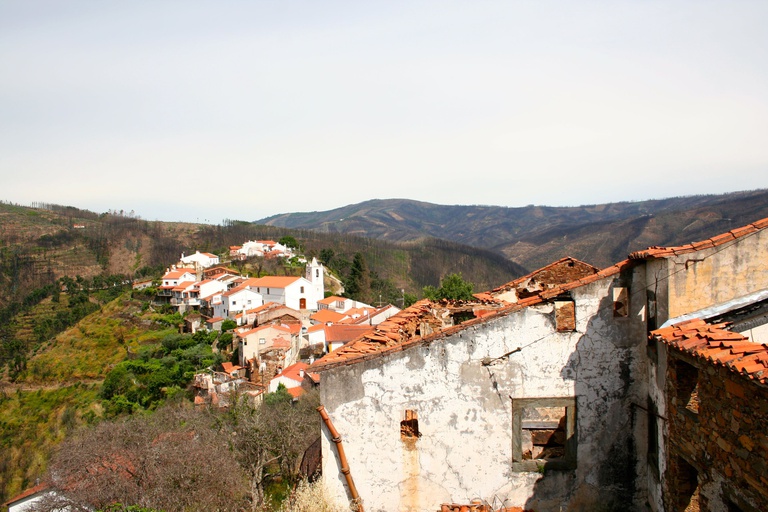
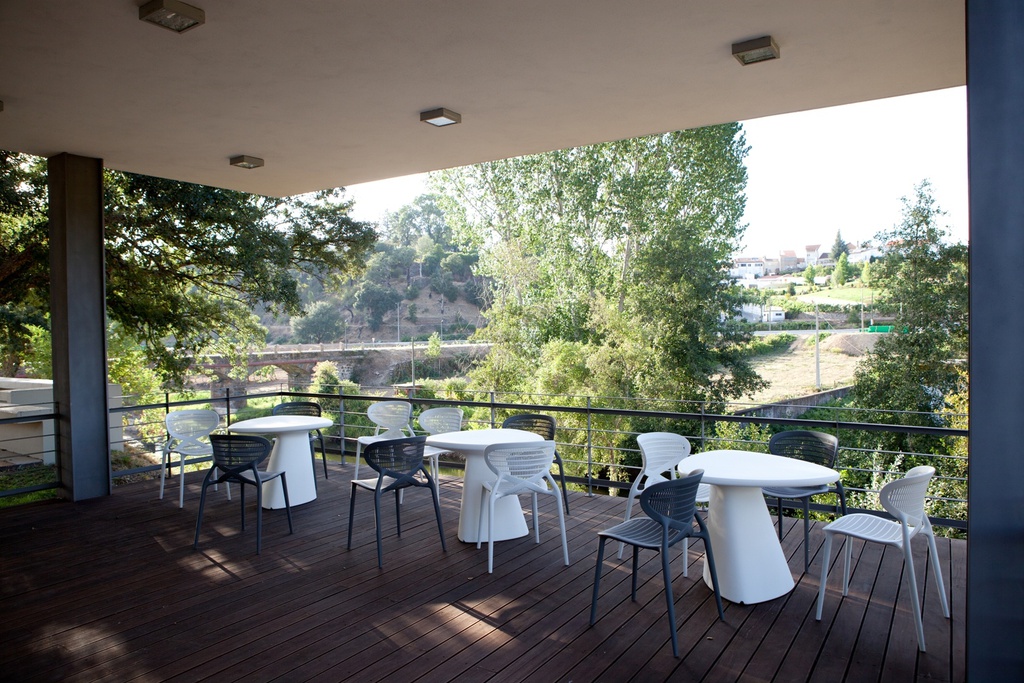
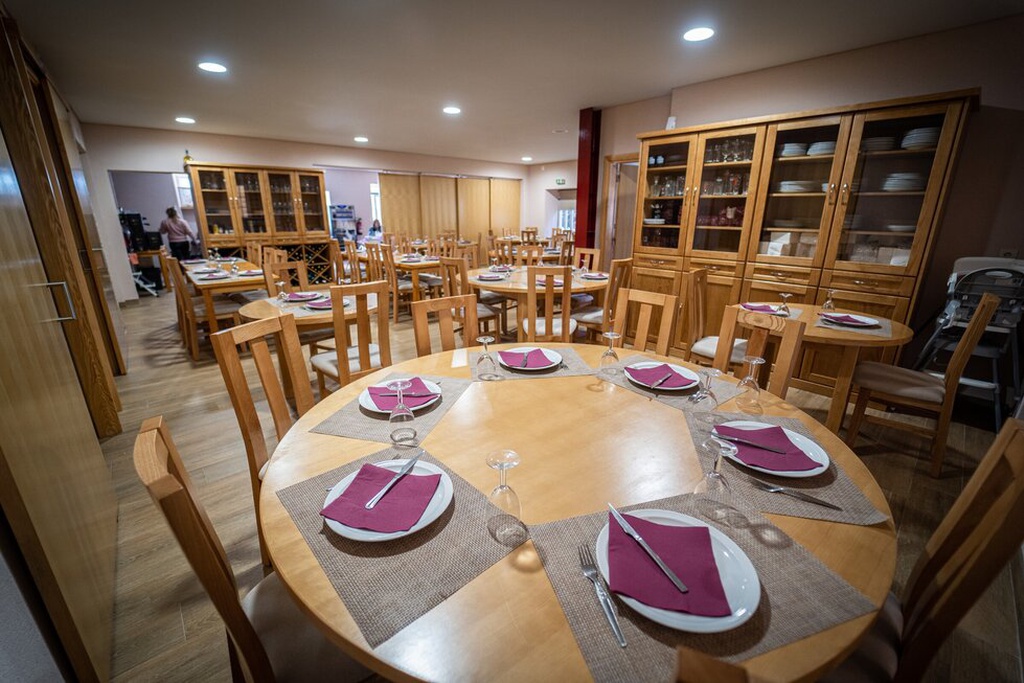
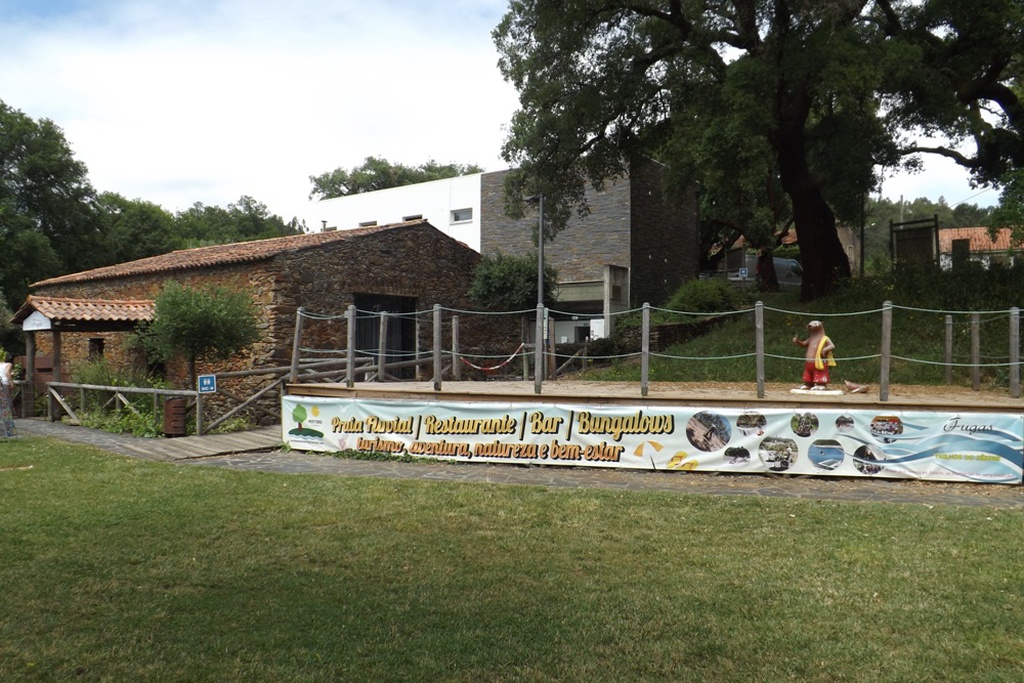
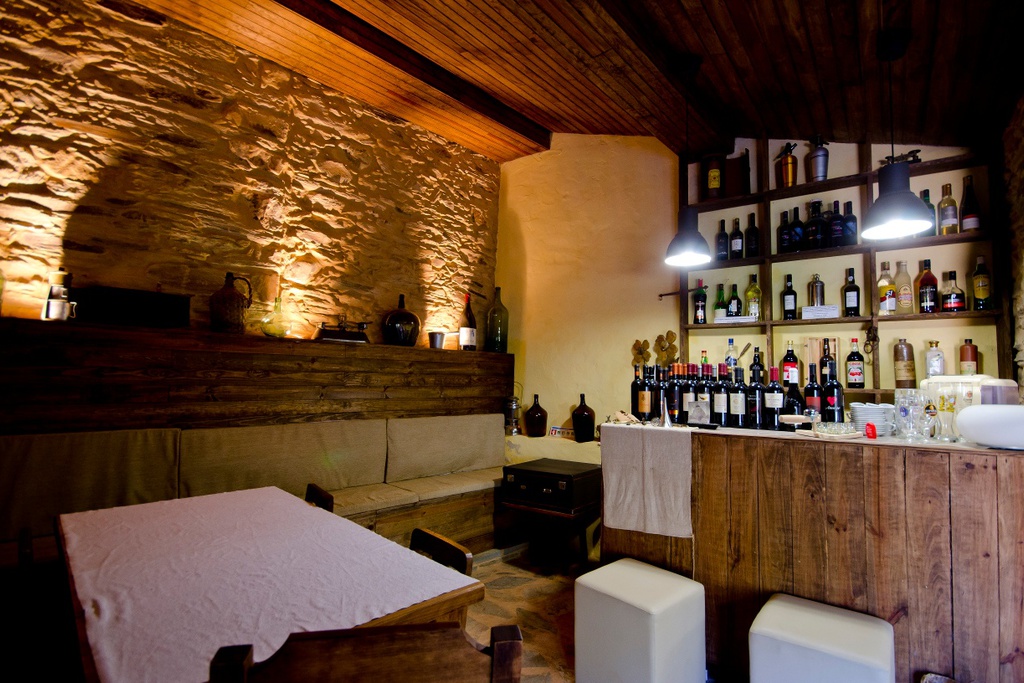
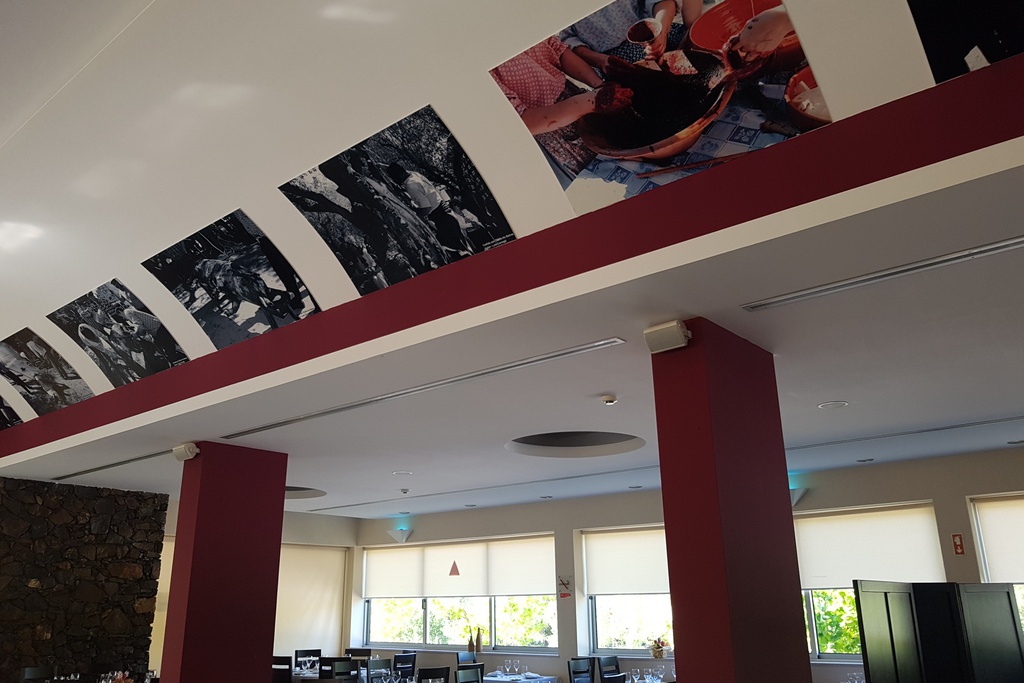
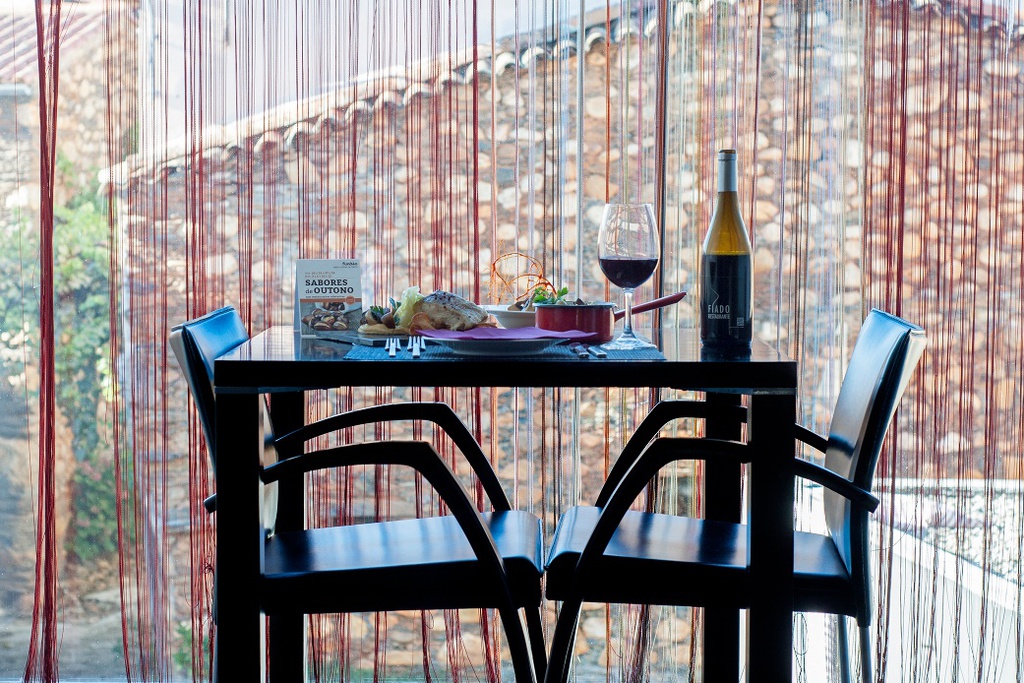
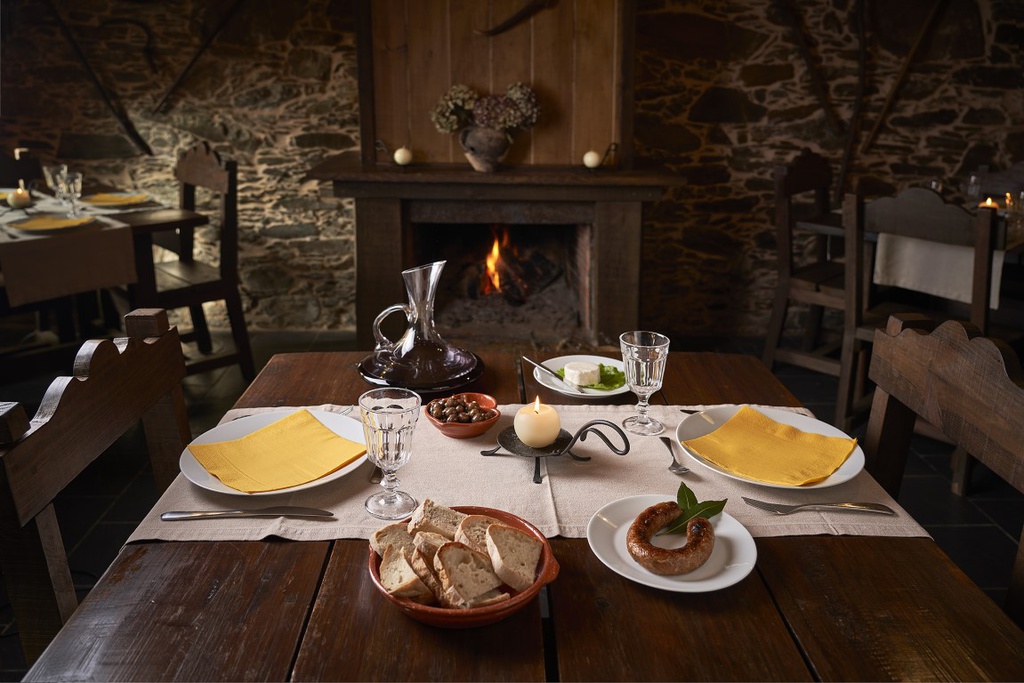
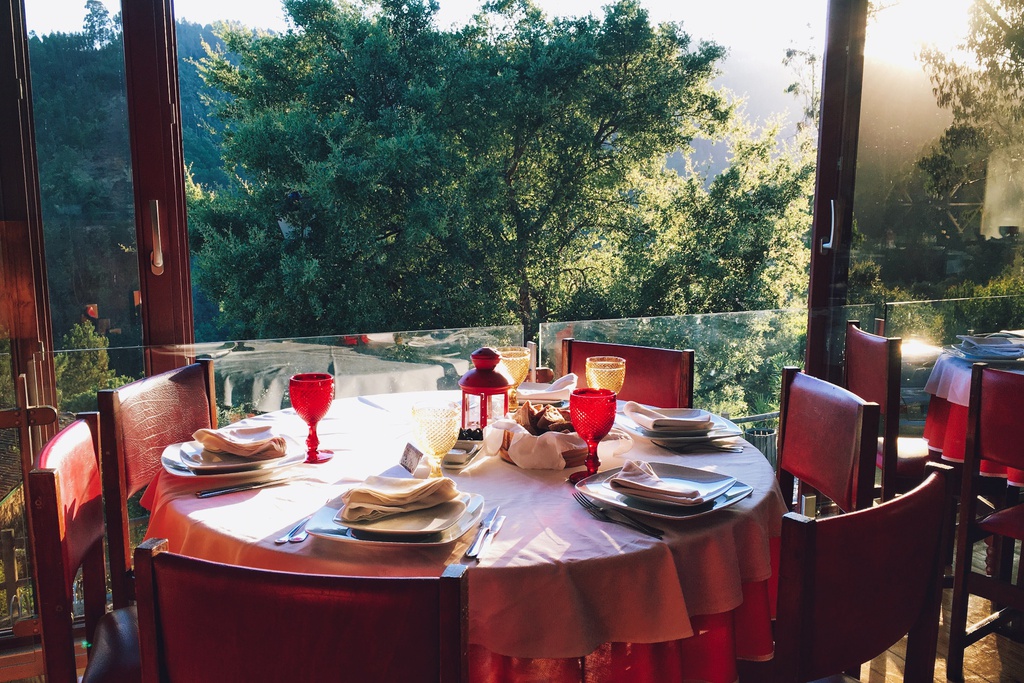
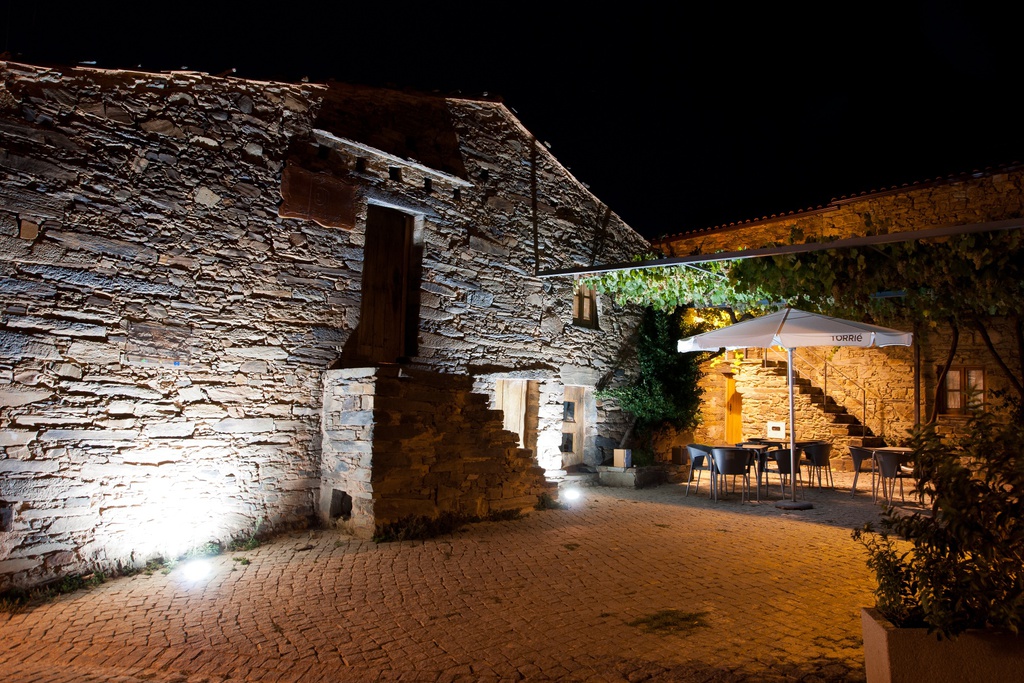
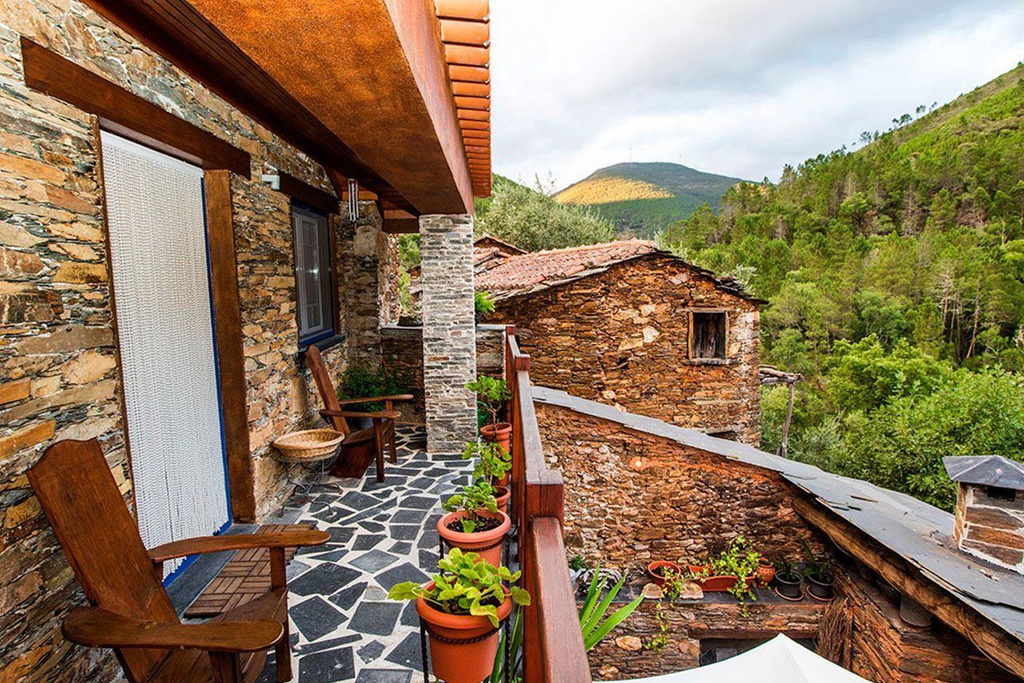
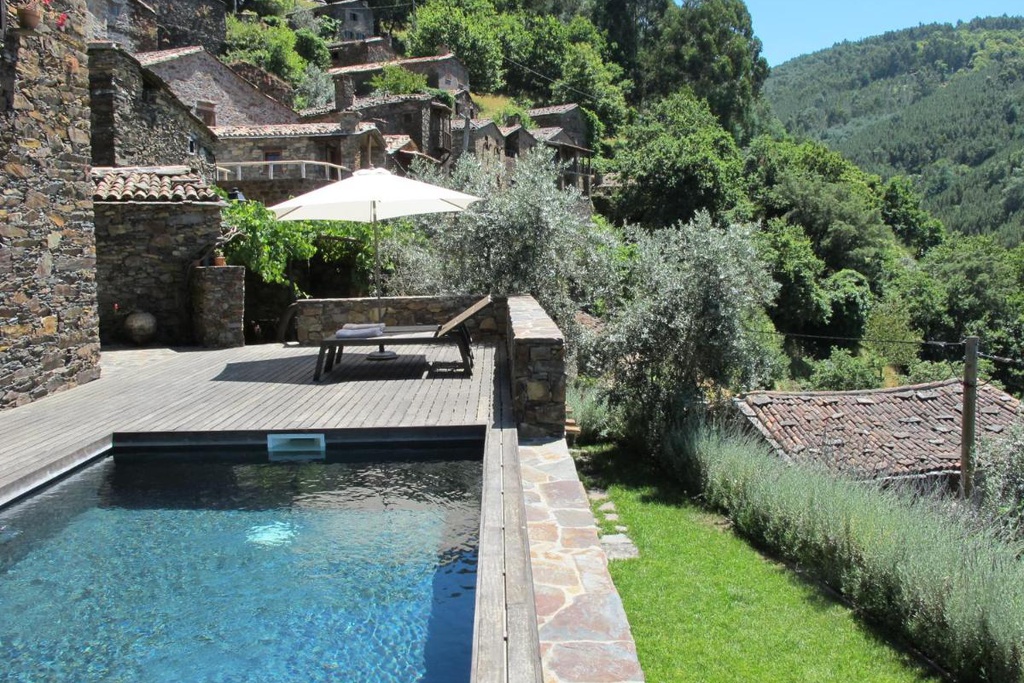
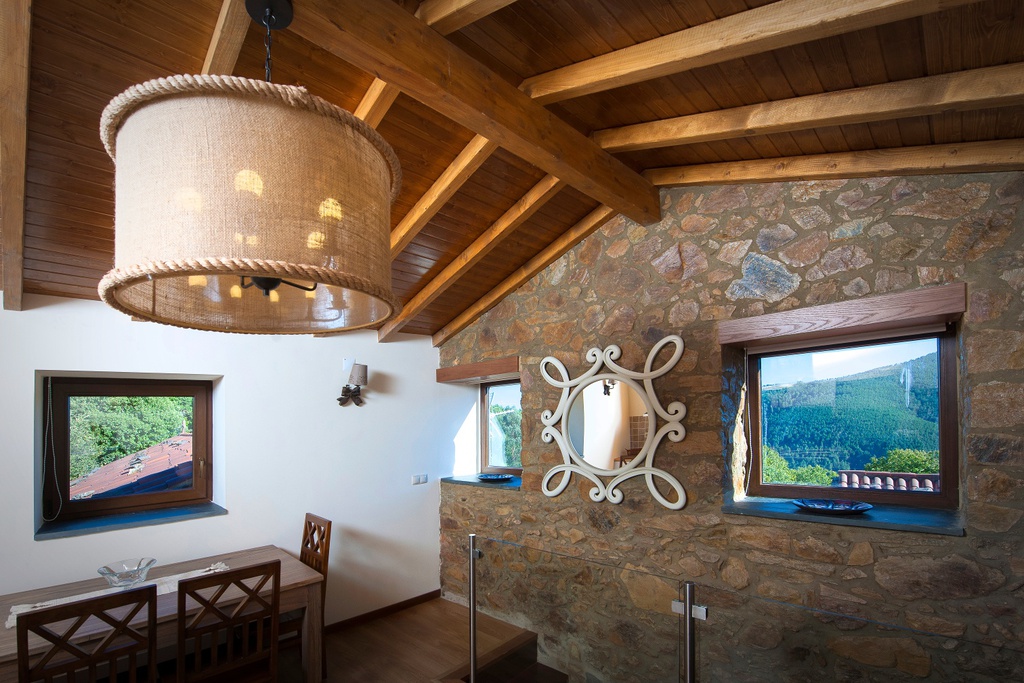
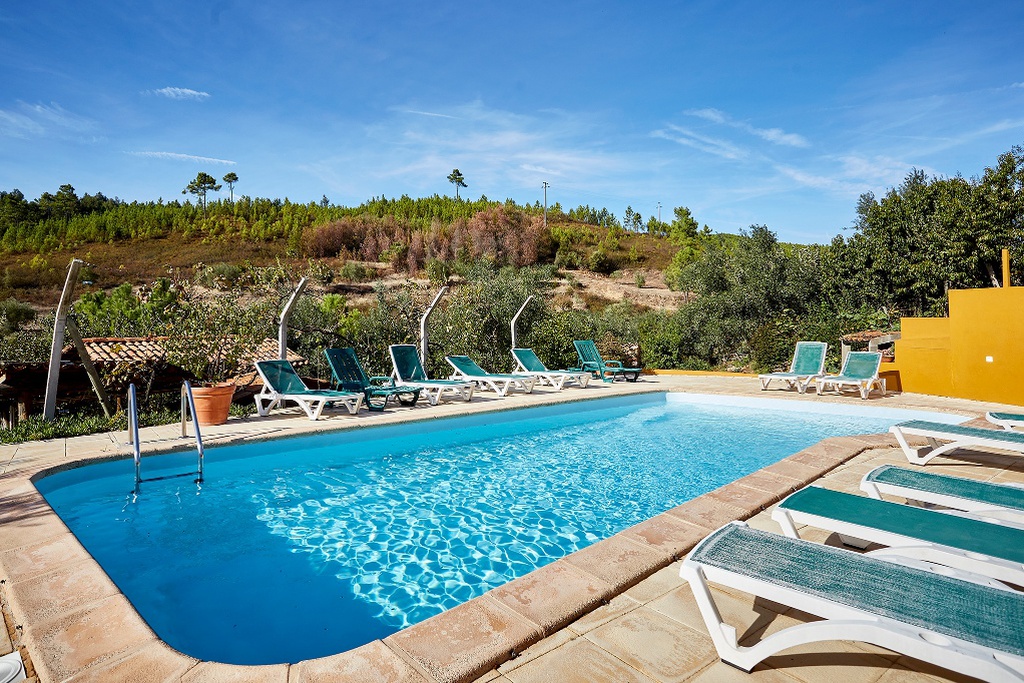
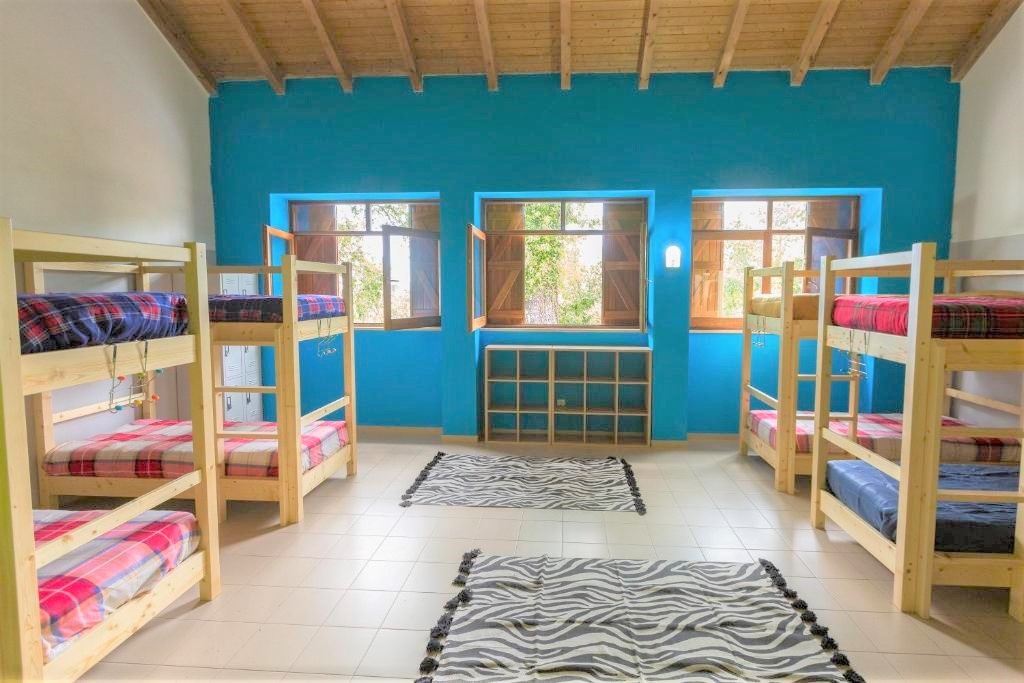
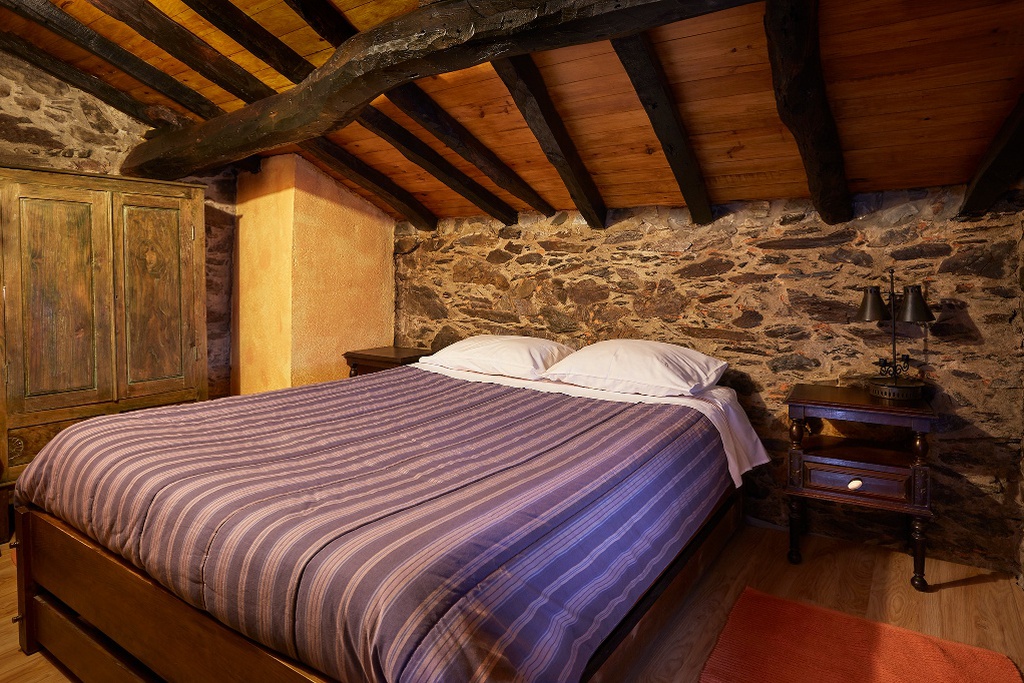
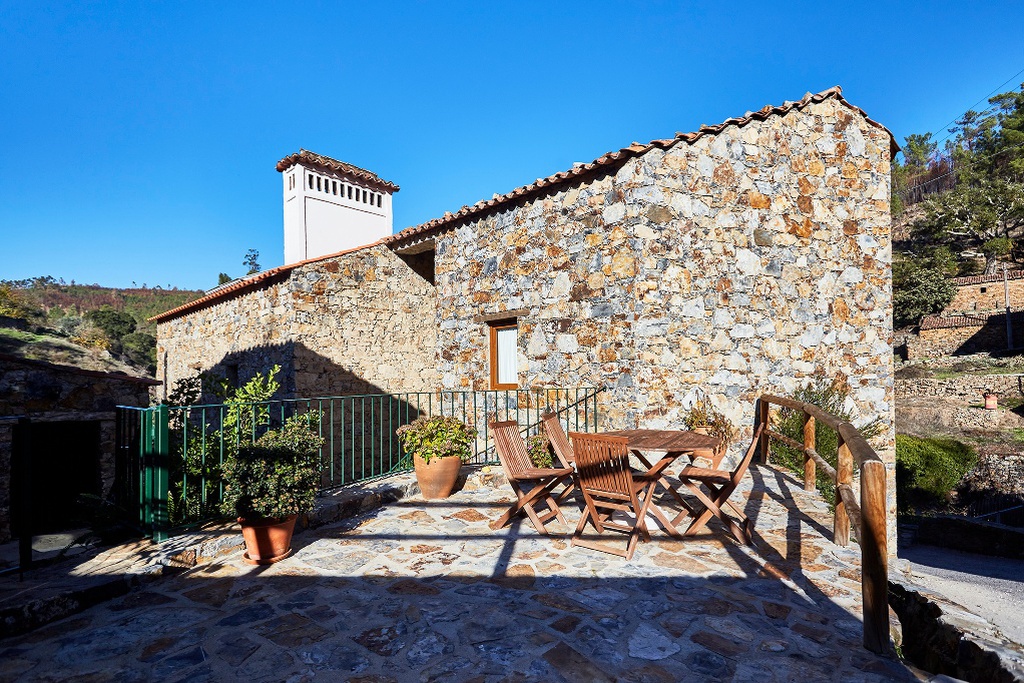
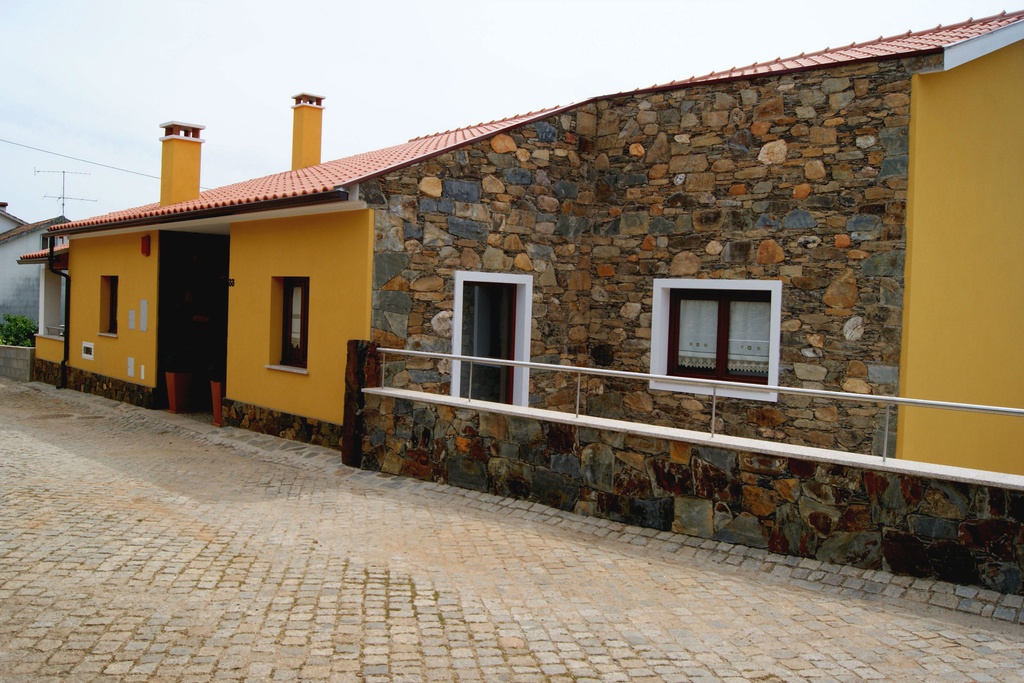
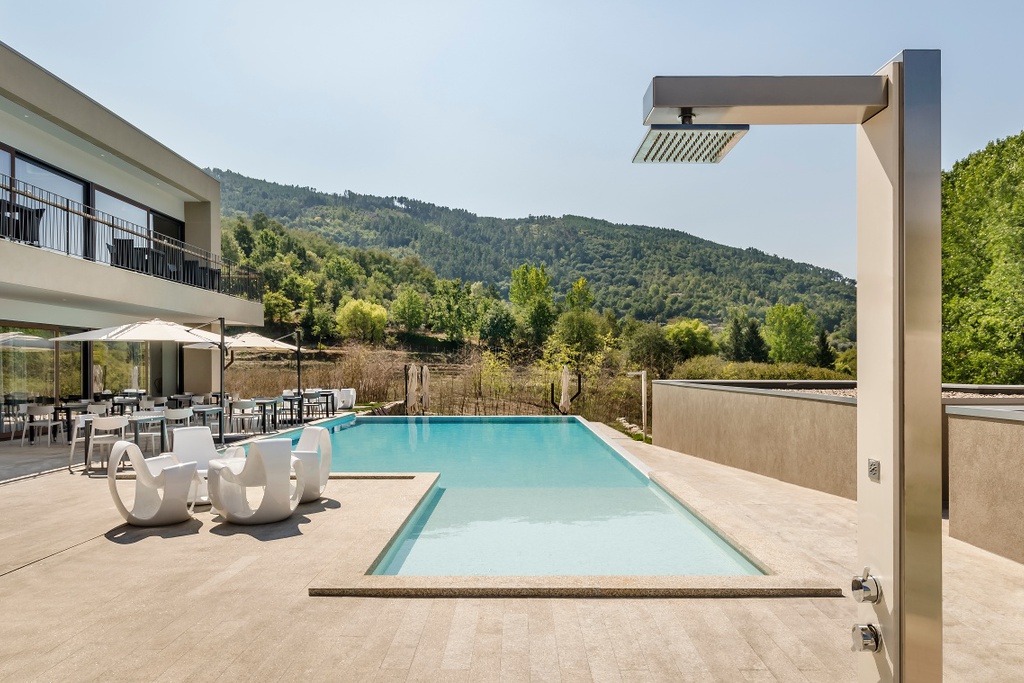
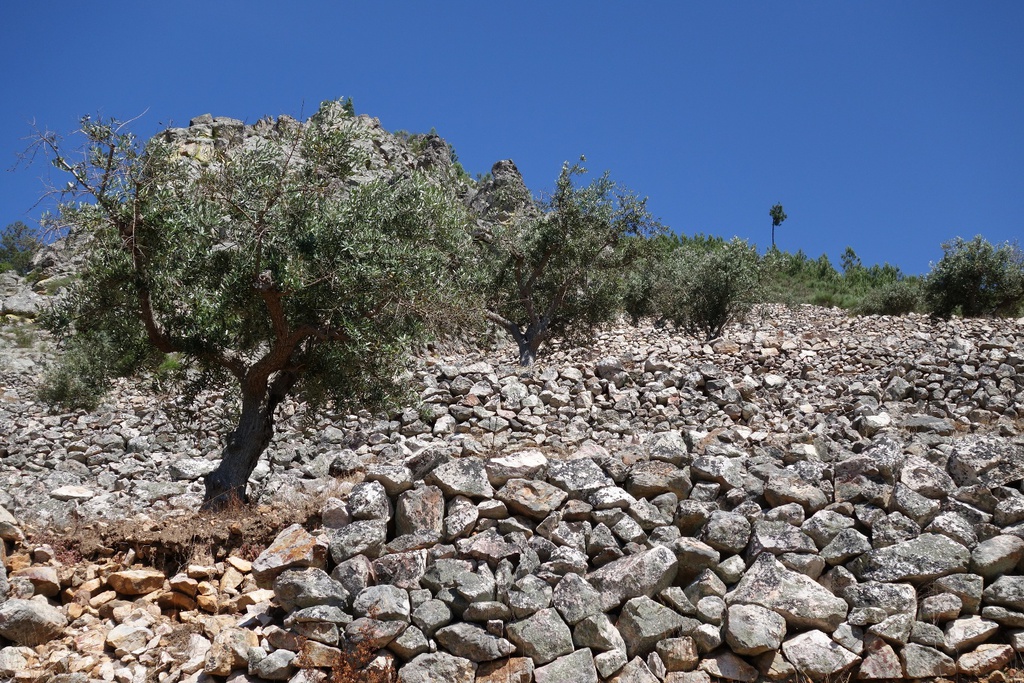
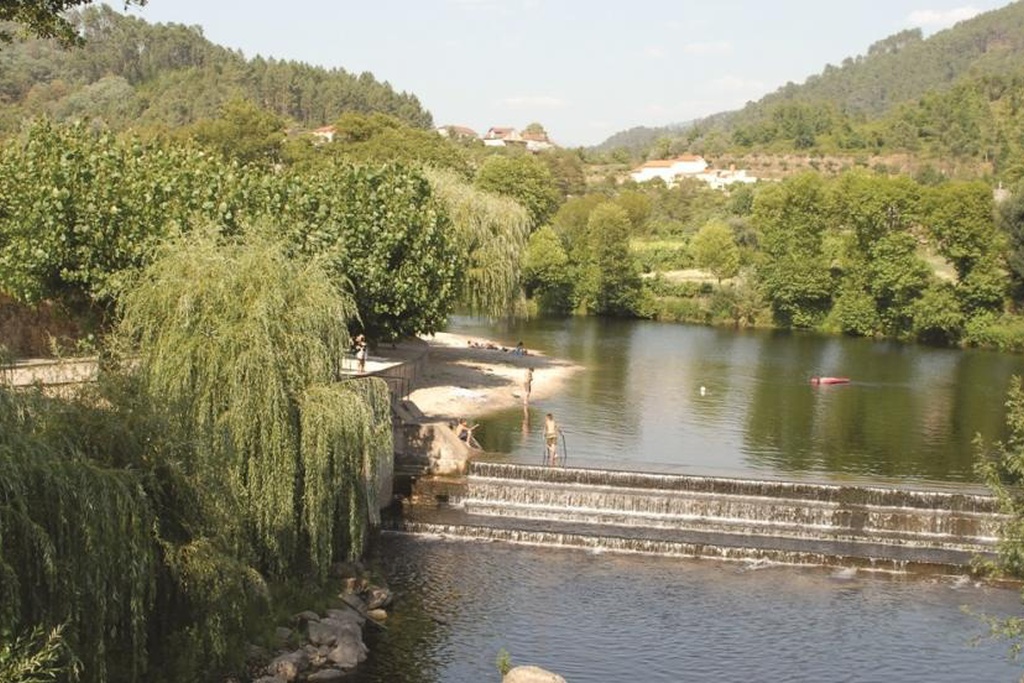
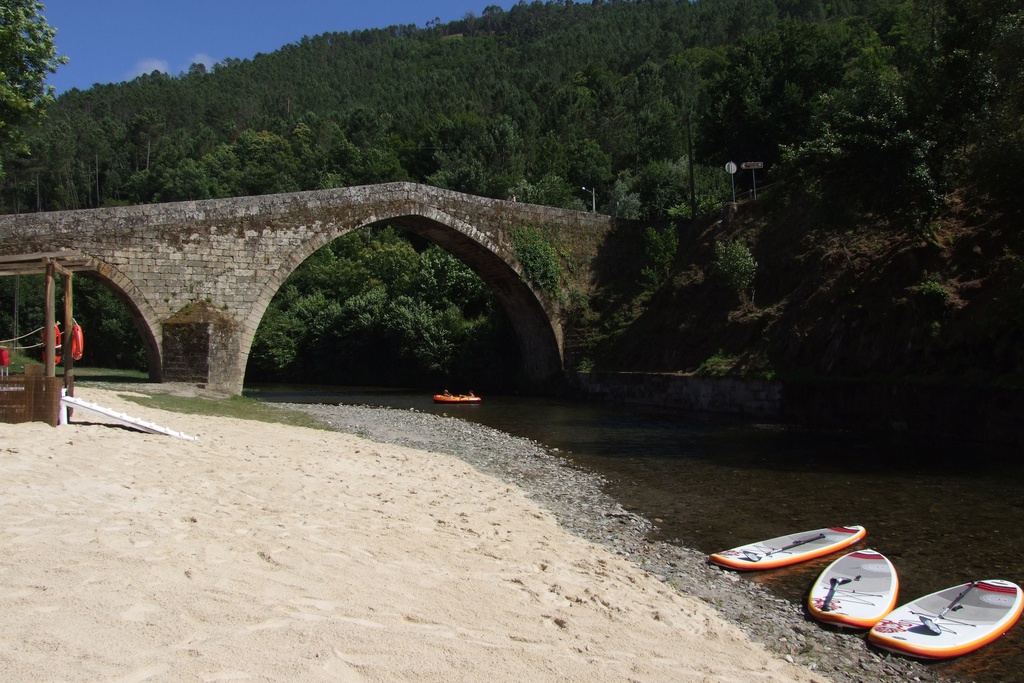
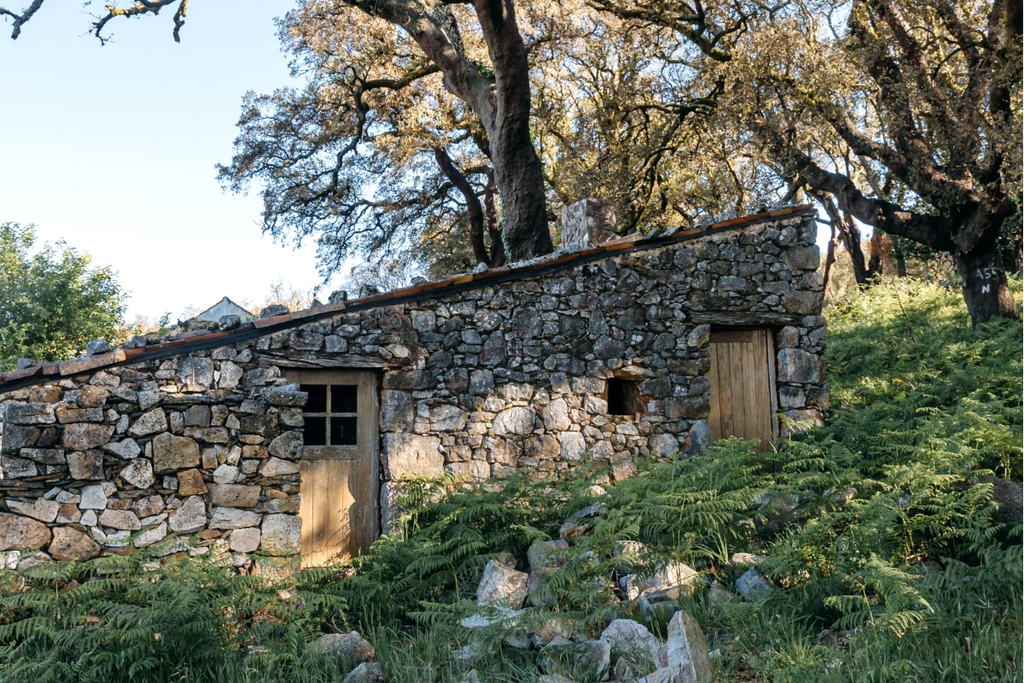

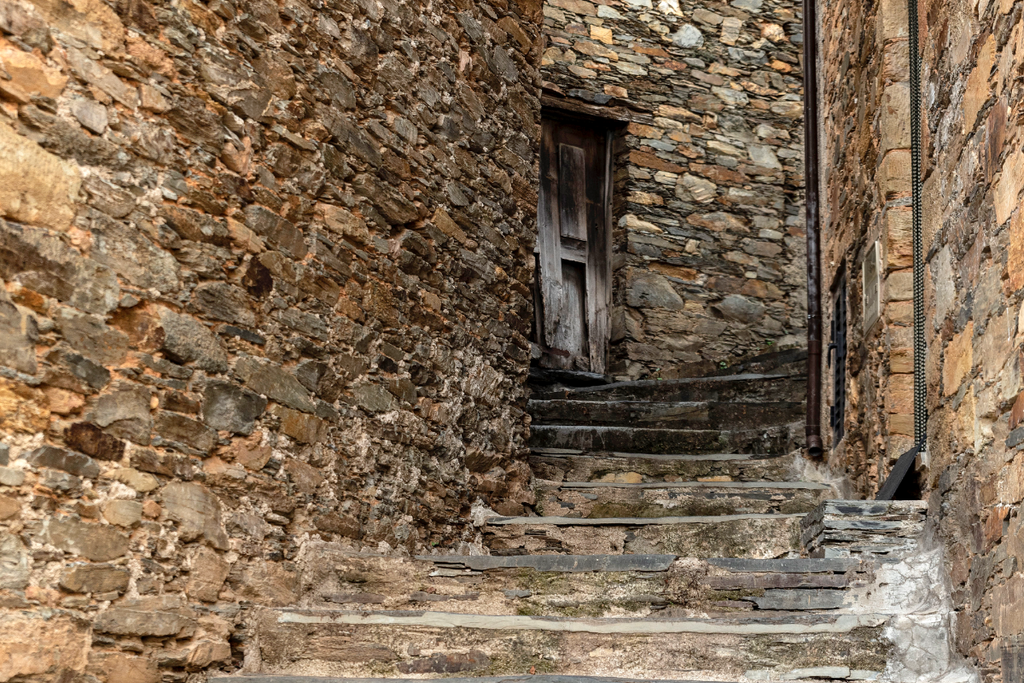
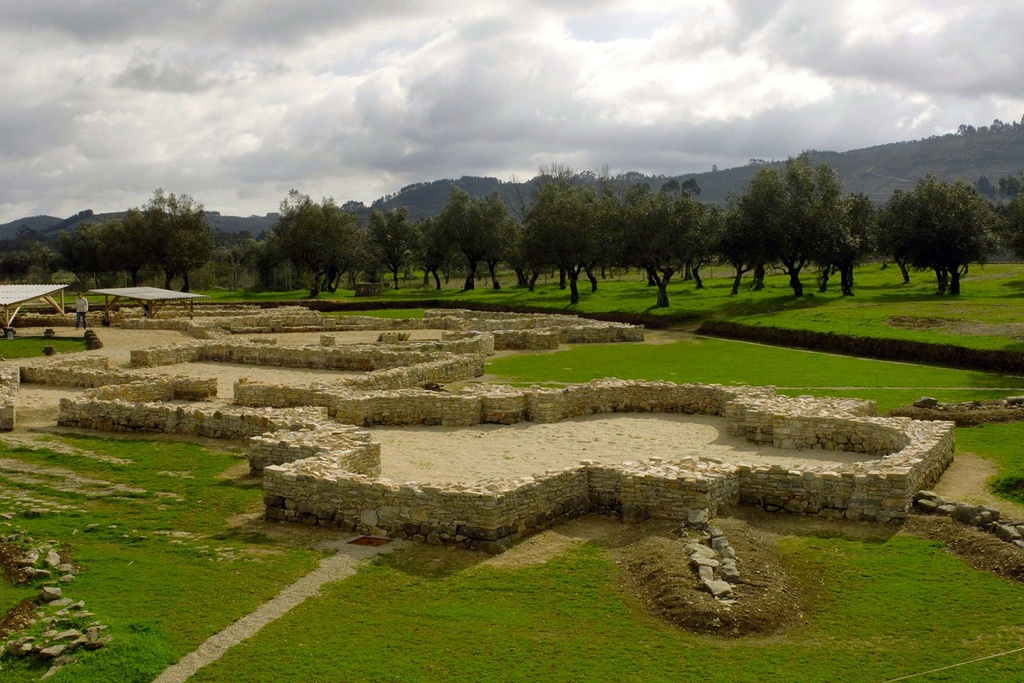
![Mining Territory [GRZ - MTB sector 3]](/media/filer_public/55/7b/557b2251-626f-458d-97c4-76f96a6e4f7c/aldeias-xisto-aldeias-xisto-terra_mineira_c381rea_de_descanso_do_barco__cabec3a7o_do_pic3a3o_gr33_-_grz_etapa__mam9mil.jpg.1024x683_q95_crop_upscale.jpg)

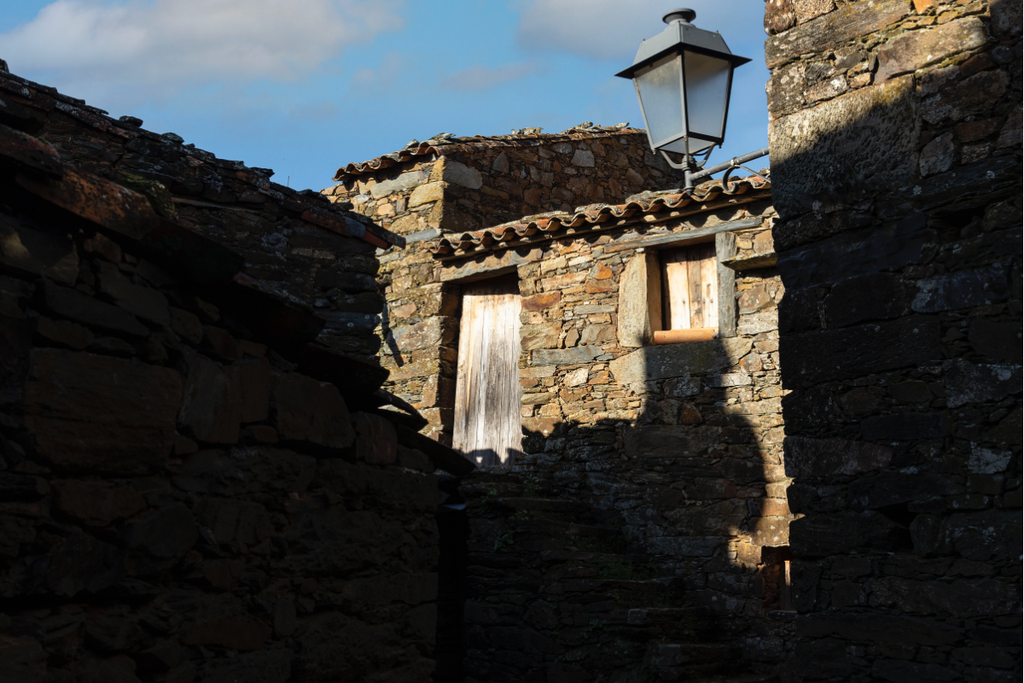
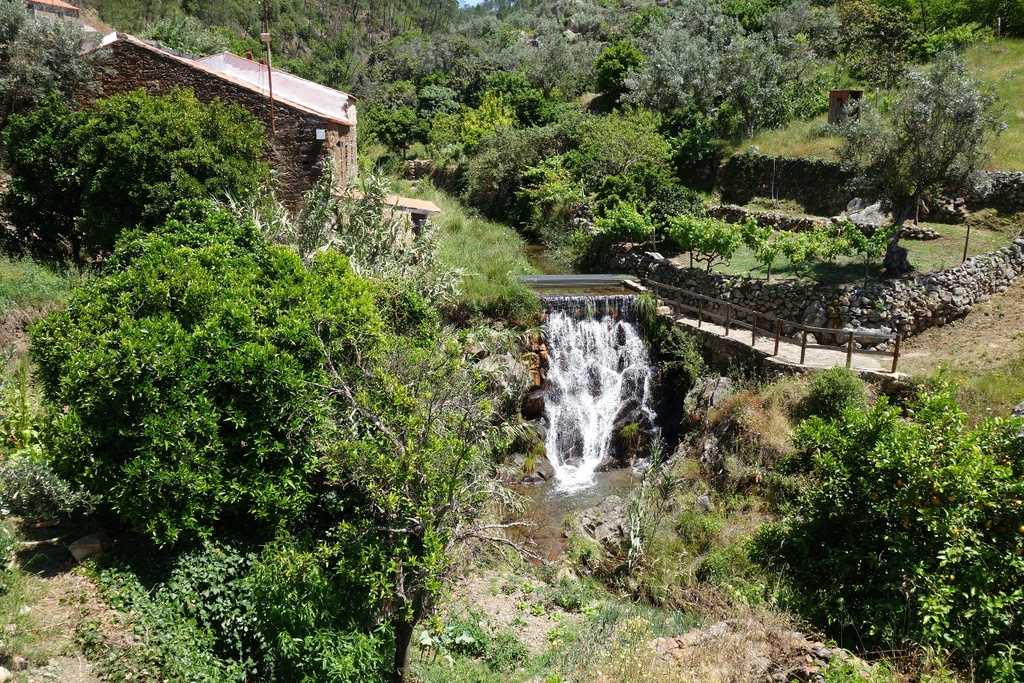
![Irrigating Cova da Beira [GRZ - MTB Sector 2]](/media/filer_public/70/2b/702bc022-591a-4249-a792-769c31f667a2/aldeias-xisto-aldeias-xisto-irrigando_a_cova_da_beira_peso__barco_gr33_-_grz_etapa_6_ssc6w0b.jpg.1024x683_q95_crop_upscale.jpg)



